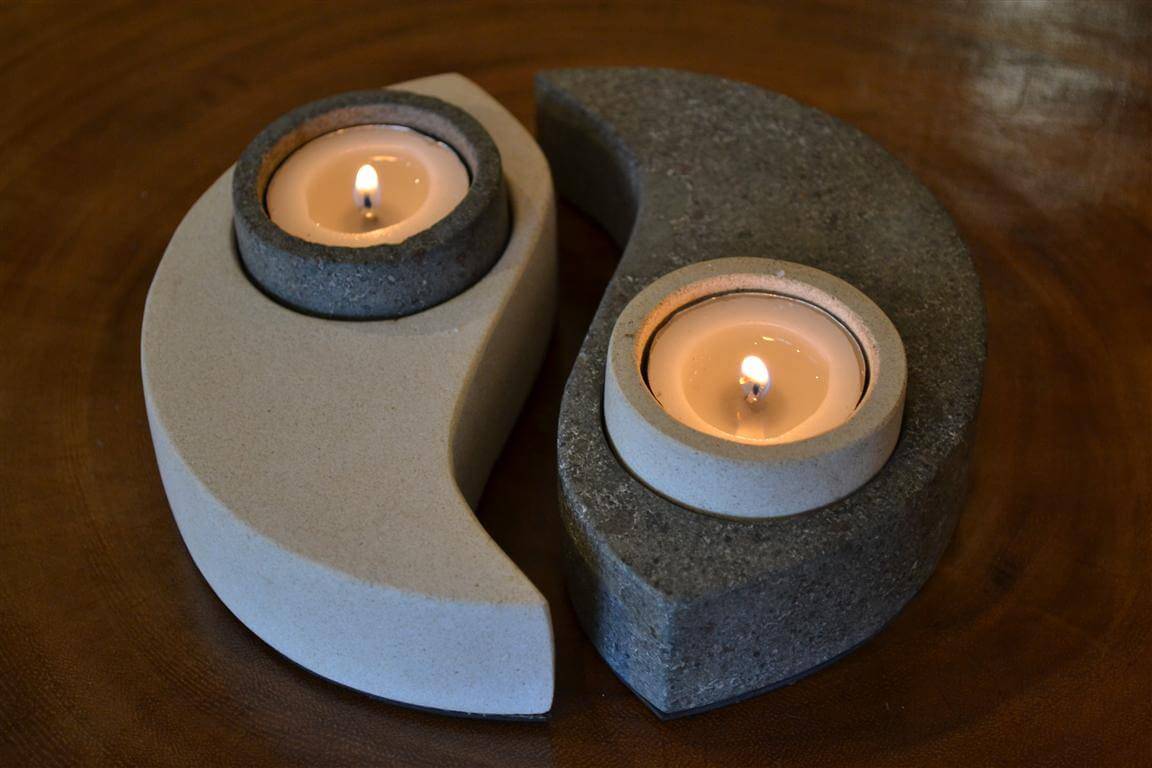The Five Element theory provides us with a set of correspondences by which we can link our physical and psychological characteristics with the seasons, the elements, times of day, specific foods, animals and so on.
We are part of Nature and channeled into the cycles of Nature. Hence the Five Element theory, which provides us with a set of correspondences by which we can link our physical and psychological characteristics with the seasons, the elements, times of day, specific foods, animals and so on. In ancient rural China this was a far simpler process than in our modern Western highly urbanized society and yet the rules remain unchanged. The health and sense of wellbeing of the individual is in direct relationship with his or her social and environmental matrix. This includes such factors as the quality of our food and water, the air we breathe, weather conditions, relaxation, sleep, work, exercise and relationships of all kinds.
Impact of Modern Lifestyle on Yin and Yang Balance
In our current attempt to control, manipulate and exploit both natural and human “resources,” often solely in the search of short-term profit, we are violating laws that will only lead to a rising incidence of physical and mental ill-health. Many of our illnesses today are related to stress, such as increased pressure in working and family life and the increasing toxicity in our food, air and water in the form of complex cocktails of chemicals and radiation. As individuals, we have certain immediate choices we can make in regard to our health, such as how much we choose to smoke or drink or how much exercise we take. Ultimately, however, we may have to look further at the wider political and economic structures if we are to achieve a society that is more in tune with natural forces and more caring of our health and wellbeing.
If you think a career in holistic medicine is something you would like to pursue, contact us and speak to an admissions representative to get started on your new journey!
Aromatherapy and Herbal Solutions for Yin and Yang Imbalances
If we look at the principles of Chinese medicine we see that, like everything else in the universe, our bodies can be classified according to the two distinct forces of Yin and Yang, which figure greatly into Chinese medicine principles and can be affected with aromatherapy herbs. These forces are in constant interplay. The Yin force is more substantial and is associated with the interior front and lower parts of the body. It moistens and cools. It is associated with night and darkness and promotes relaxation and sleep. Yin is more heavy and material and will condense and contract. It is associated with the earth, the moon, autumn, winter, decrease and inwardness. A person who is deficient in Yin, according to Chinese medicine, may suffer slight fever or feelings of heat in the late afternoon, night sweating and a dry throat at night, difficulty sleeping, anxiety and restlessness. The tongue will be red, peeled and cracked. This is because the cooling moistening grounding aspects of Yin are not apparent. Essential oils such as the rose and geranium support the function of Yin. These oils are often used during menopause when the Yin energy of the woman is depleted.
Yang is associated with the back in Chinese medicine, exterior and upper parts of the body. It is energizing, moving and less substantial. It is hot and dry and associated with day, the sun, spring, summer, increase and expansion. If Yang in the body is deficient, the person may be cold, pale, depressed and lethargic. The tongue will be pale with a white coating and the pulse weak. Essential oils that promote Yang in the body are warm tonifying oils such as ginger, rosemary, thyme and cinnamon. These herbs and spices essential oils are extracted from that we instinctively use in winter to counteract the cold Yin time of year along with warming, cooked food. These oils are a key element of aromatherapy herbs treatment
If Yang is in excess, there will be too much heat and activity in the body resulting in fever, burning pains, inflammation, dryness, red tongue and rapid pulse. The differences between excess Yang and deficient Yin is that one is a “full” overactive condition and the other is an “empty” depleted condition. The essential oils of aromatherapy used to counteract excess Yang are cooling, moistening oils such as lavender, lemon, chamomile and melissa. Our diet should have a preponderance of raw, cooling foods such as salads and fruit. A healthy diet in conjunction with treatments such as aromatherapy, herbs or acupuncture can do much to boost our systems and balance the Yin and Yang.
Featured Posts:

